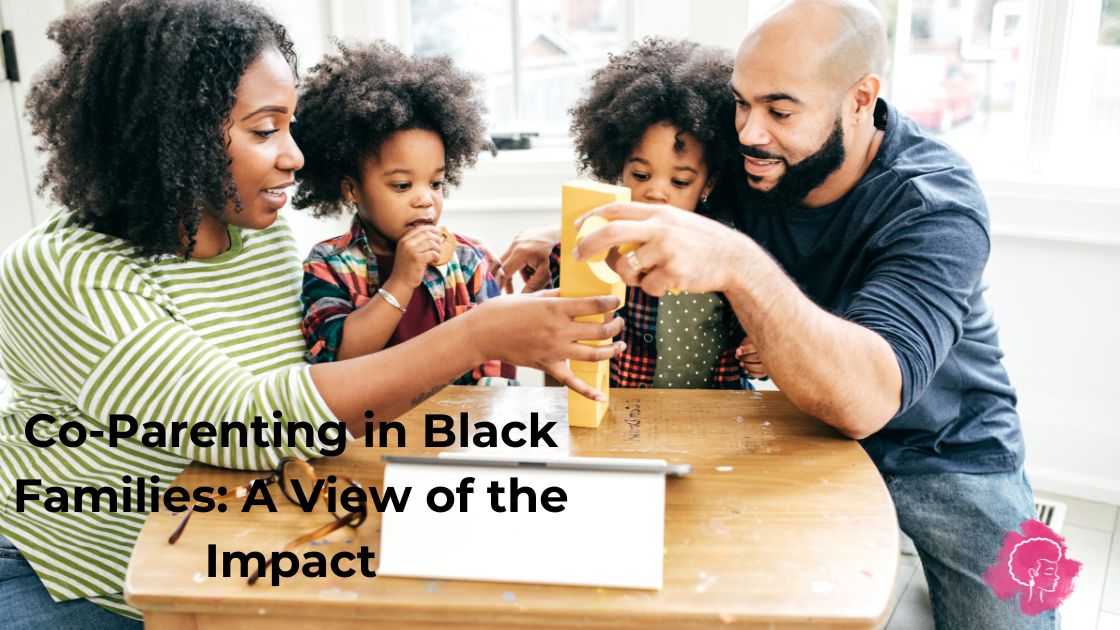Co-parenting within Black families transcends mere parental roles, evolving into a complex network of support, guidance, and communal bonds. At the heart of this dynamic lies a profound commitment to shared responsibility, mutual respect, and collective empowerment. Delving deeper into the multifaceted aspects of co-parenting unveils its pivotal role in nurturing resilience, fostering cultural identity, and confronting systemic challenges within Black communities.
Often defined as the joint raising of children by multiple caregivers, this form of parenting reflects a deeply ingrained cultural ethos of interconnectedness and communal support prevalent in Black families. It encompasses not only biological parents but also extended family members, friends, mentors, and community leaders who actively participate in the upbringing of children. This collaborative approach to parenting underscores the importance of diverse perspectives, experiences, and resources in shaping the holistic development of children.
One aspect of co-parenting in Black families is its role in promoting emotional resilience and coping mechanisms in the face of adversity. Historical trauma, systemic inequalities, and social injustices have disproportionately affected Black communities, placing additional burdens on parents and caregivers. Through co-parenting, Black mothers find strength in solidarity, drawing support from extended family members, community networks, and other neighborhood resources to navigate challenges and protect the well-being of their children.

Moreover, co-parenting serves as a vital mechanism for preserving cultural identity and transmitting intergenerational knowledge within Black families. From storytelling and cultural celebrations to rites of passage and ancestral rituals, co-parenting fosters a sense of pride, belonging, and continuity in cultural heritage. It offers children a strong foundation rooted in cultural values, traditions, and resilience, empowering them to navigate the complexities of identity and belonging in a diverse society.
Despite its inherent strengths, co-parenting in Black families can encounter various obstacles, including
- strained familial relationships,
- communication barriers, and
- external pressures from societal norms.
Addressing these challenges requires a commitment to open dialogue, conflict resolution, and community-building initiatives that promote understanding and collaboration among caregivers. By fostering inclusive networks and advocating for equitable resources and support services, Black families can strengthen their resilience and overcome systemic barriers to success. Therapy for the family can also be very beneficial, click here for our list of black therapist.
In essence, co-parenting in Black families embodies the interconnectedness of kinship, resilience, and cultural identity. It transcends individual caregiving roles, fostering a collective commitment to the well-being and success of each child. By delving deeper into the multifaceted aspects of co-parenting and embracing its transformative potential, Black families can build stronger, more resilient communities where every child has the opportunity to thrive.












